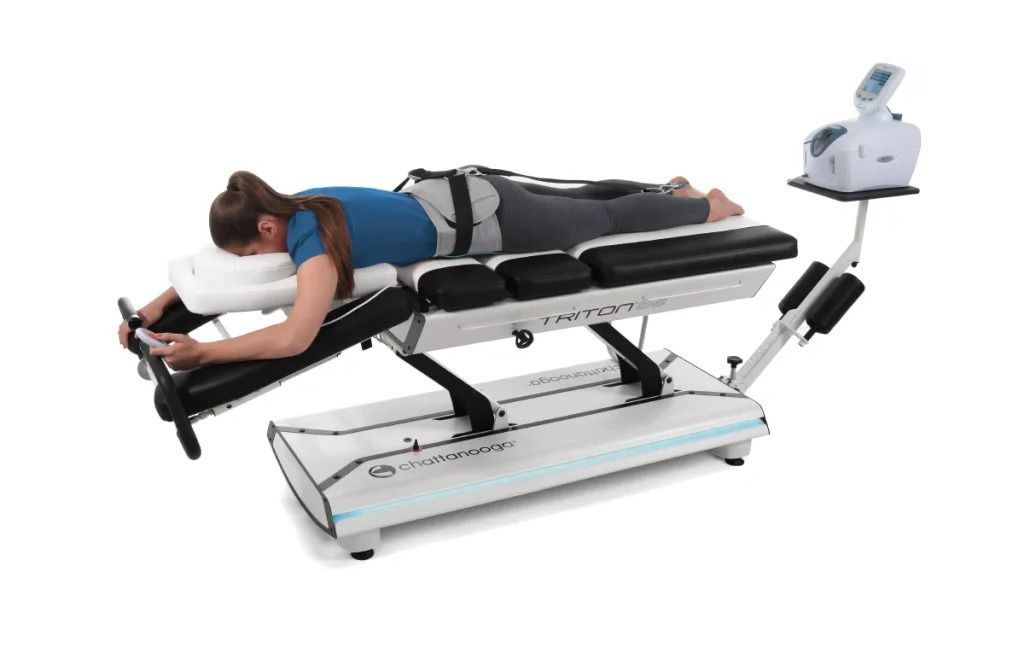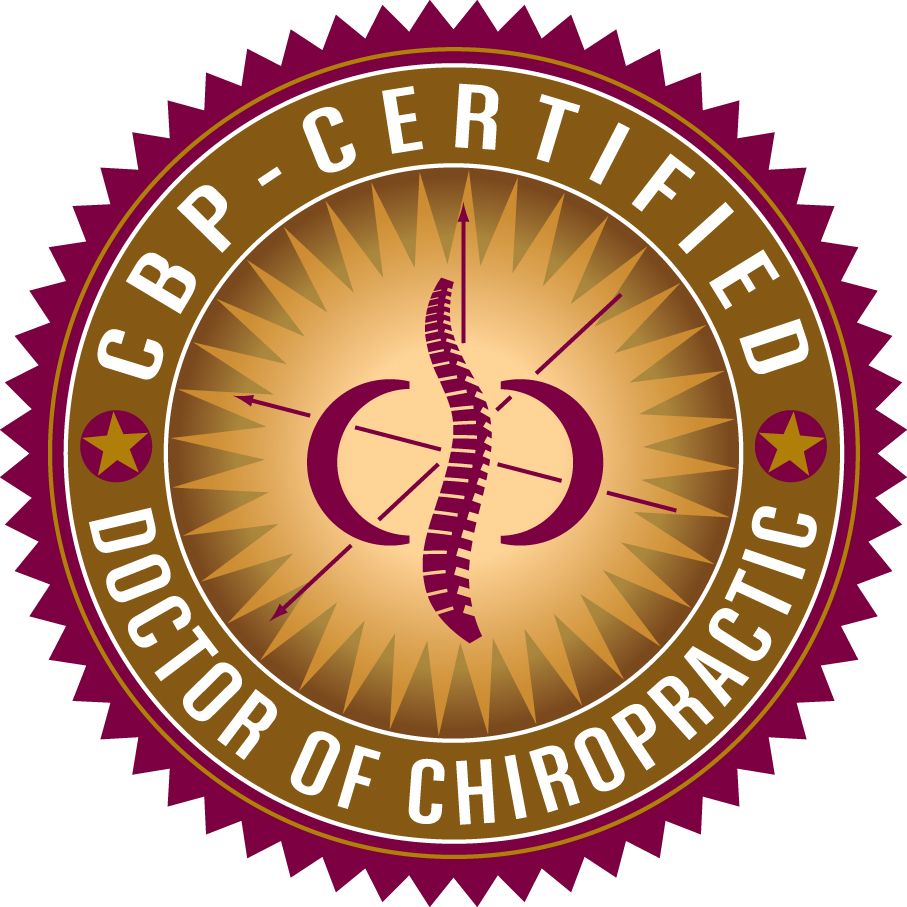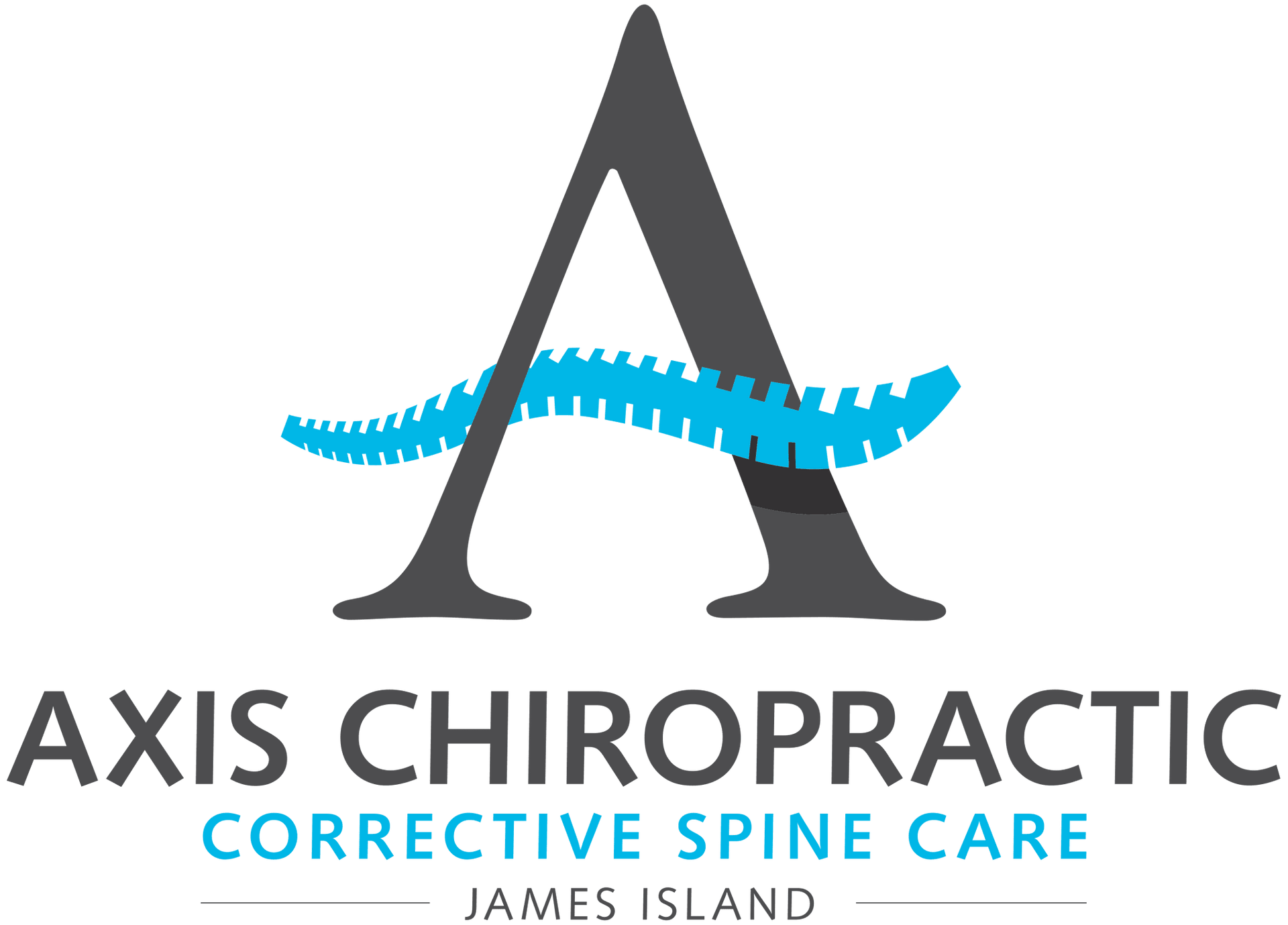Chiropractic Care Blog
Check out our Axis Chiropractic blog, devoted to helping James Island and the surrounding Charleston, SC, for the most recent information and professional guidance on holistic health and wellness.
Explore educational articles about posture correction, spinal decompression, and the life-changing effects of chiropractic care for people of all ages. Continue to be motivated, empowered, and informed as you pursue your goals of optimum well-being. Are you prepared to move forward? Make an appointment with us by giving us a call, and start living a pain-free, healthier life.
Chiropractic Blog


















